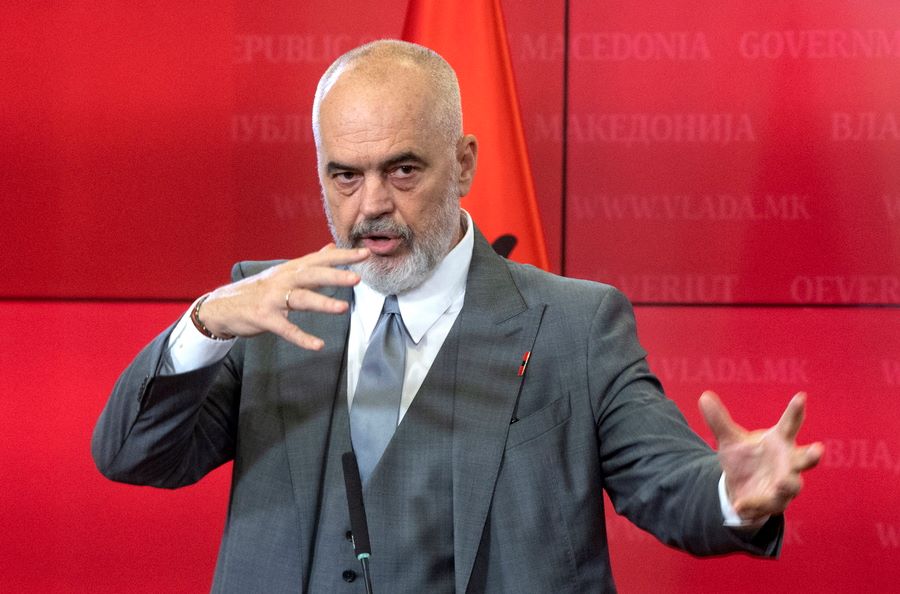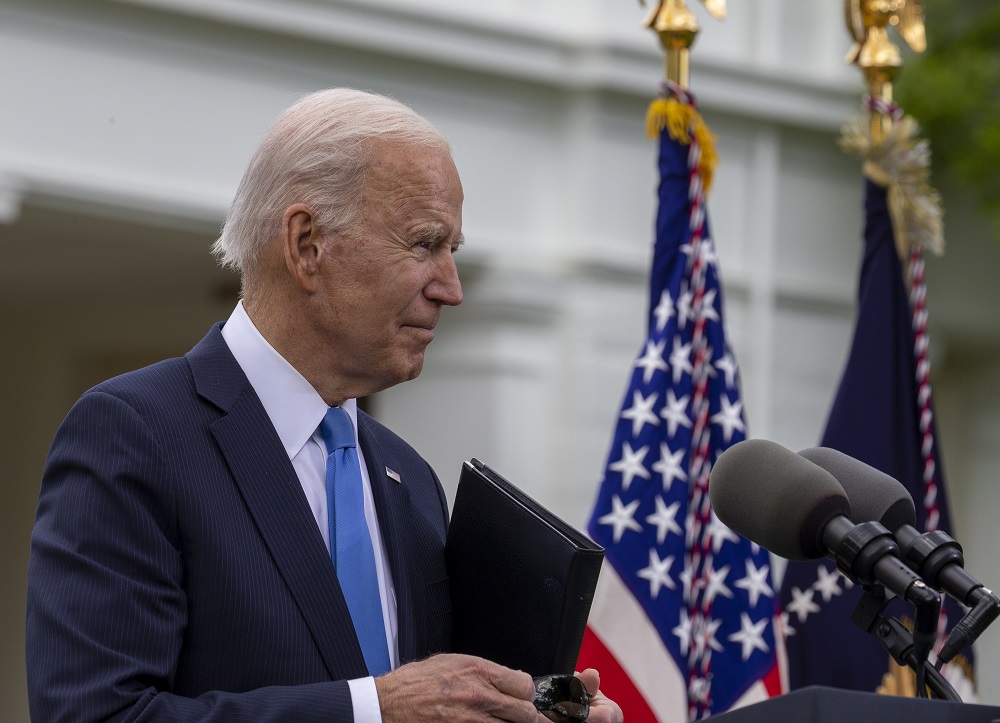
Barry Schweid, legendary AP correspondent, dies at 83
By HARRY DUNPHY, The Associated Press
WASHINGTON — Barry Schweid, the legendary Associated Press diplomatic correspondent who reported and analyzed events from around the world over a career spanning 56 years, died Thursday at 83.
Schweid died at home from complications of a degenerative neurological condition.
Among his career highlights, he traveled with Henry Kissinger on the secretary of state’s “shuttle diplomacy” flights and covered the difficult negotiations at Camp David that President Jimmy Carter brokered to reach a historic peace treaty in 1977 between Egypt’s Anwar Sadat and Israel’s Menachem Begin.
As a reporter, he was known for taking serious, complex situations, especially in the Middle East, and explaining them in simple, direct terms, weaving in context and color.
Secretary of State John Kerry said Thursday: “I joined countless people around the world in learning the news and the context behind it from Barry’s work. … He had a gift for distilling the complex into the understandable in a way that made his work a must-read not only in Washington, but in London, Moscow, New Delhi, Beijing and countless other places.”
There was also a lighter side. He often injected wry quips when interviewing officials. And on long trips he sometimes relieved colleagues of their money playing liars’ poker.
Kathleen Carroll, AP’s executive editor and senior vice president, worked with him in Washington and recalled that he “enjoyed bursting into the office after a trip, his arms filled with smoked salmon and other goodies purchased at airports where the planes had to refuel.”
Most of all, he was dedicated to his reporting. Said Carroll, “He brought to his work a deep understanding of his subject and a fierce commitment to bringing the news to his readers across the globe.”
He chronicled the Cold War and then its end with the implosion of the Soviet Union, filing news alerts from officials traveling with Secretary of State James Baker.
As his bureau chief at the time, Jon Wolman, remembered: “The facade of the Soviet Union was crumbling and the institutions of the Cold War were giving way. Off the top of his head he could dictate developments with the sweep of history, oozing the significance of every twist and turn.”
For his retirement party in May 2012, several secretaries of state sent messages of congratulations, including a video of Madeleine Albright singing a tribute.
Baker told Schweid in his message that he was a” throwback to the days when reporters cared more about accuracy than anything else. During the time you covered Foggy Bottom when I was secretary of state I always respected your consummate reportage and even-handedness, traits that allow you to accurately record and analyze news in a balanced and thoughtful manner.”
Schweid was born in New York and graduated from Columbia College and Columbia University’s Graduate School of Journalism. He served in the U.S. Army as a public relations specialist.
In an interview with the AP’s oral history program in 2009, Schweid reflected on his career choice saying, “My ambition was to be a journalist and tell people what was going on, to tell the truth, to go to meet people, to understand what was going on in the world.” That meant, he said, seeing “history being made, traveling nonstop around the world, covering big stories, going to places I never thought I’d see and meeting people I never thought I’d meet.”
Not just people and places of the moment.
One evening in Warsaw in July 1989, as Poland was re-opening to the West, he finished his work and asked to be taken to an address in the medieval Old City, destroyed by the Nazis but rebuilt after the war as a showpiece by the Communist government.
There, said John Daniszewski, AP vice president for international news, he explained that the restored stucco-and-stone edifice was where his relatives in Poland had lived before the war and how meaningful it was to be able to see it for the first time. Then he went back to the story of the day.
He had many scoops. One that he was proud of was learning on a Sunday that Cyrus Vance was resigning as secretary of state because he disagreed with the Carter administration’s decision to send a military mission to try to rescue the American hostages in Iran. The mission failed.
He started to fulfill his desire to report on history, government and politics and those involved in those pursuits when he transferred to the AP’s Washington bureau. Before turning to diplomacy, he had another significant assignment in the capital, reporting on major Supreme Court decisions.
Stories about Schweid himself as he went about his work were many.
On overseas flights, Kissinger had the habit of repeatedly going back to the press section of his plane to chat with reporters on background, at least on the long trips. No sooner did the press digest what Kissinger had to say on his first trip back than he was back for another round. Then another.
After one such flight with repeated briefings, Kissinger returned to his suite at the front of the plane. Schweid shouted: “Close the door! Don’t let him back here!”
Schweid was the recipient of many honors from educational institutions and was inducted into the Washington Society of Professional Journalists’ Hall of Fame in 2002.
He is survived by Nina Graybill of Washington, his partner of more than 40 years; his sister, Marlene Charnizon of New York City; a nephew, Walter Charnizon of Edgemont, New York; and a niece, Jennifer Charnizon of Ann Arbor, Michigan.
Copyright The Associated Press
http://mignatiou.com/2015/12/statement-by-secretary-kerry-on-the-passing-of-barry-schweid/

